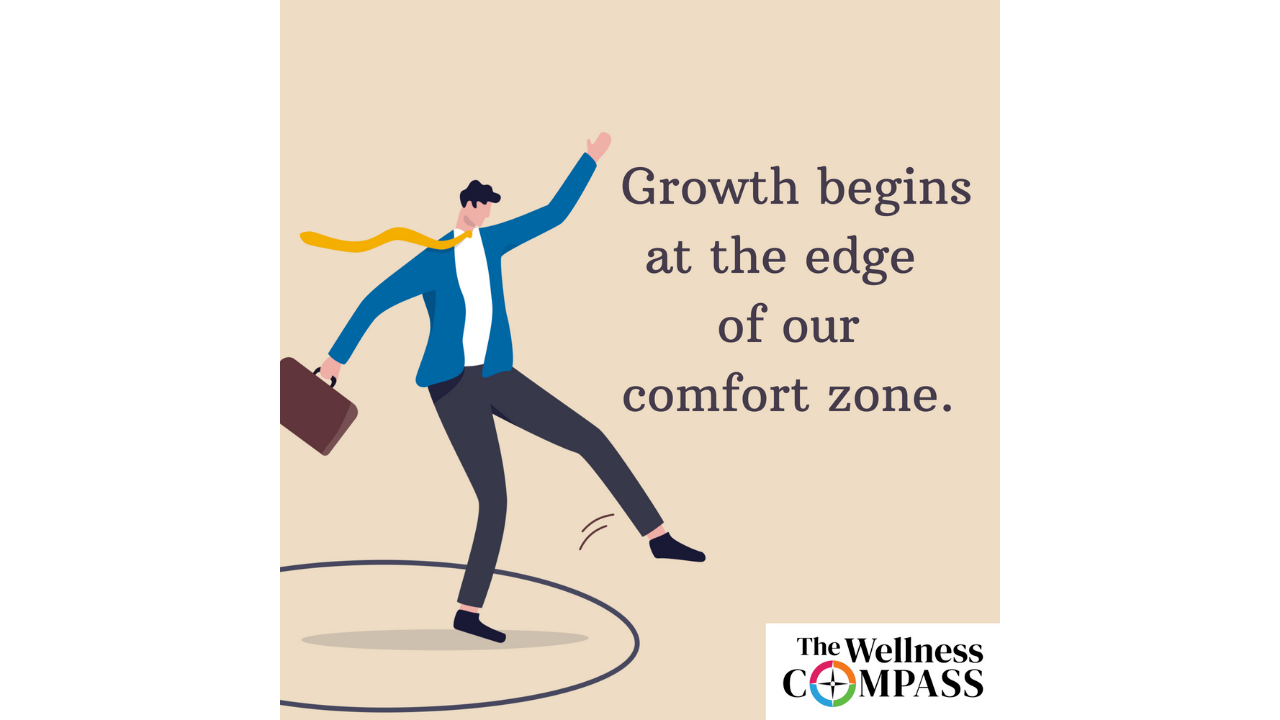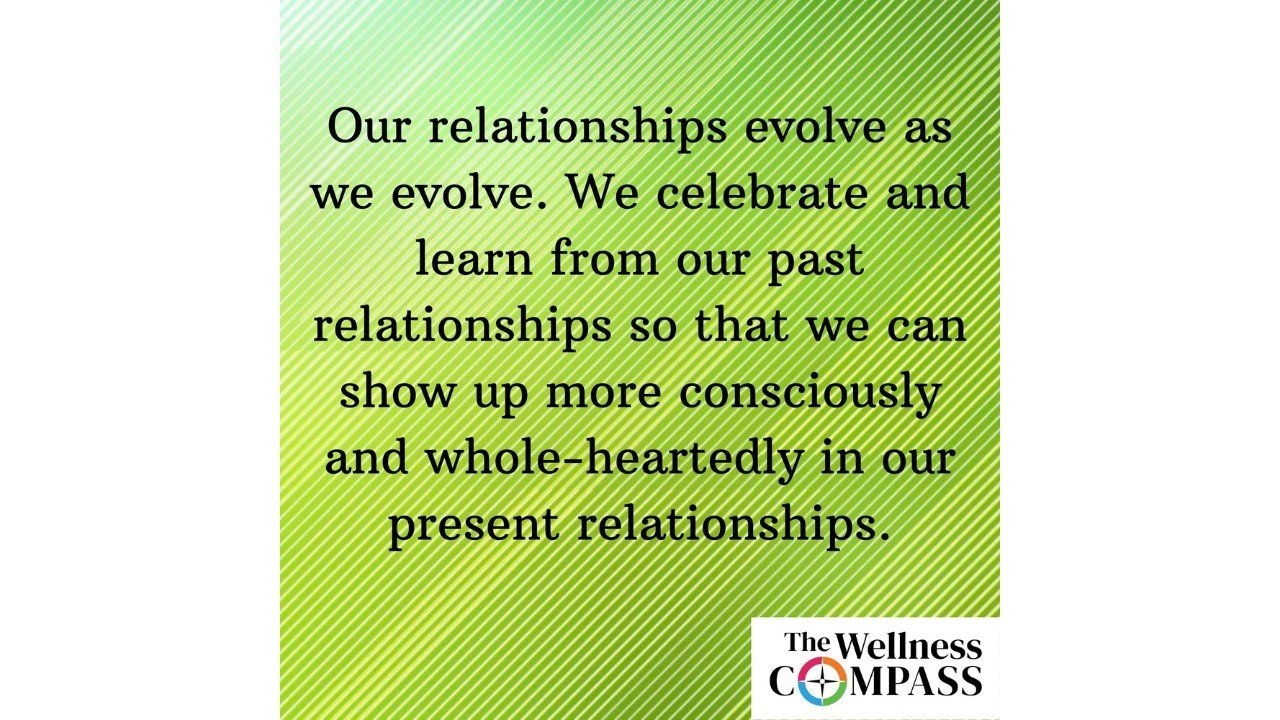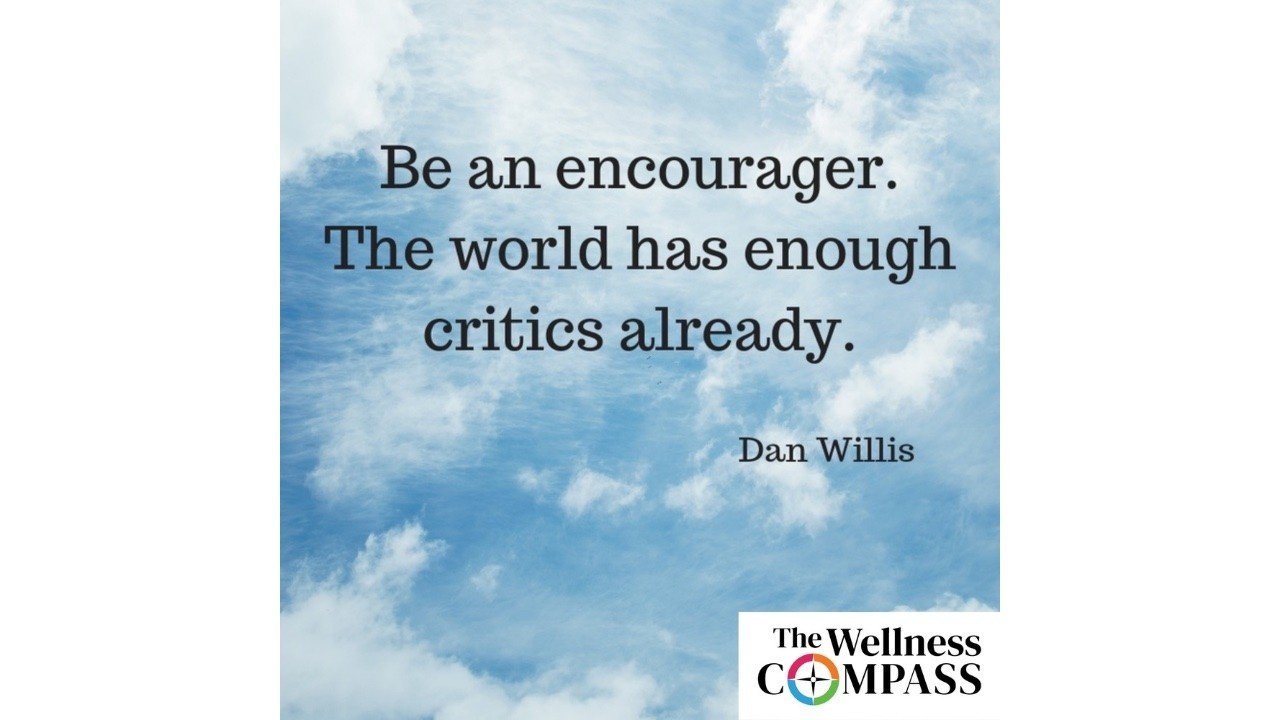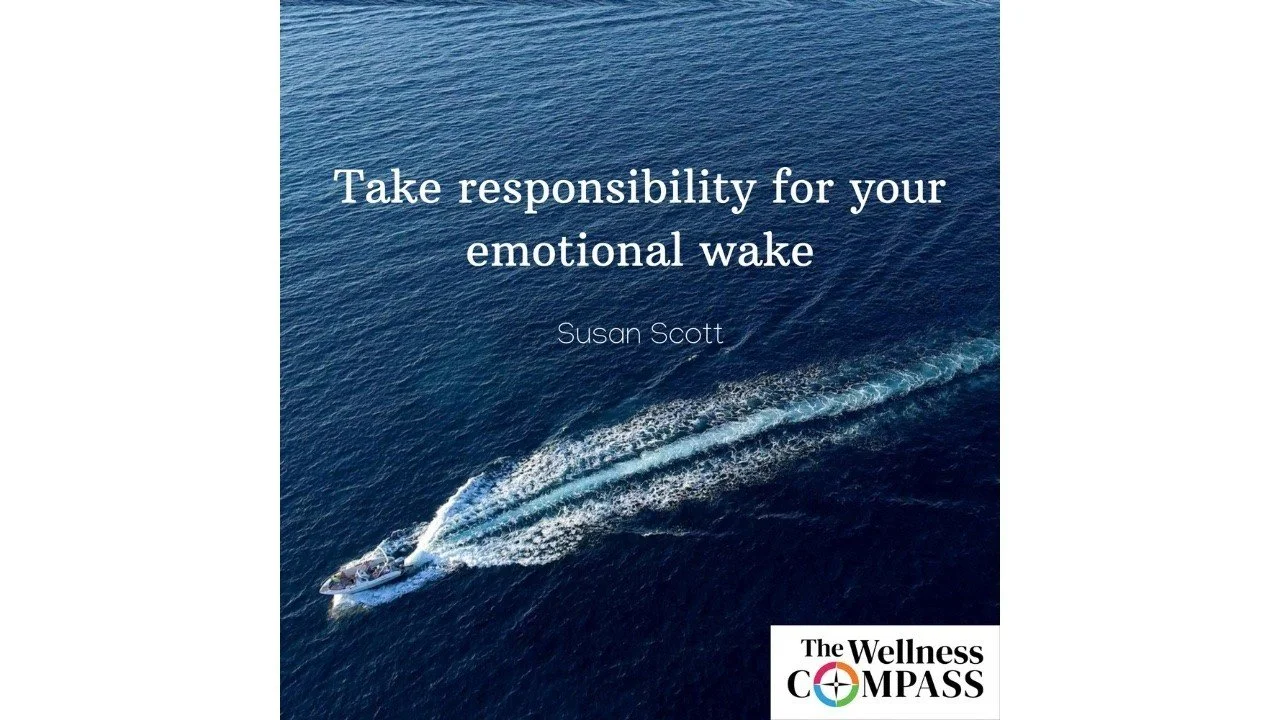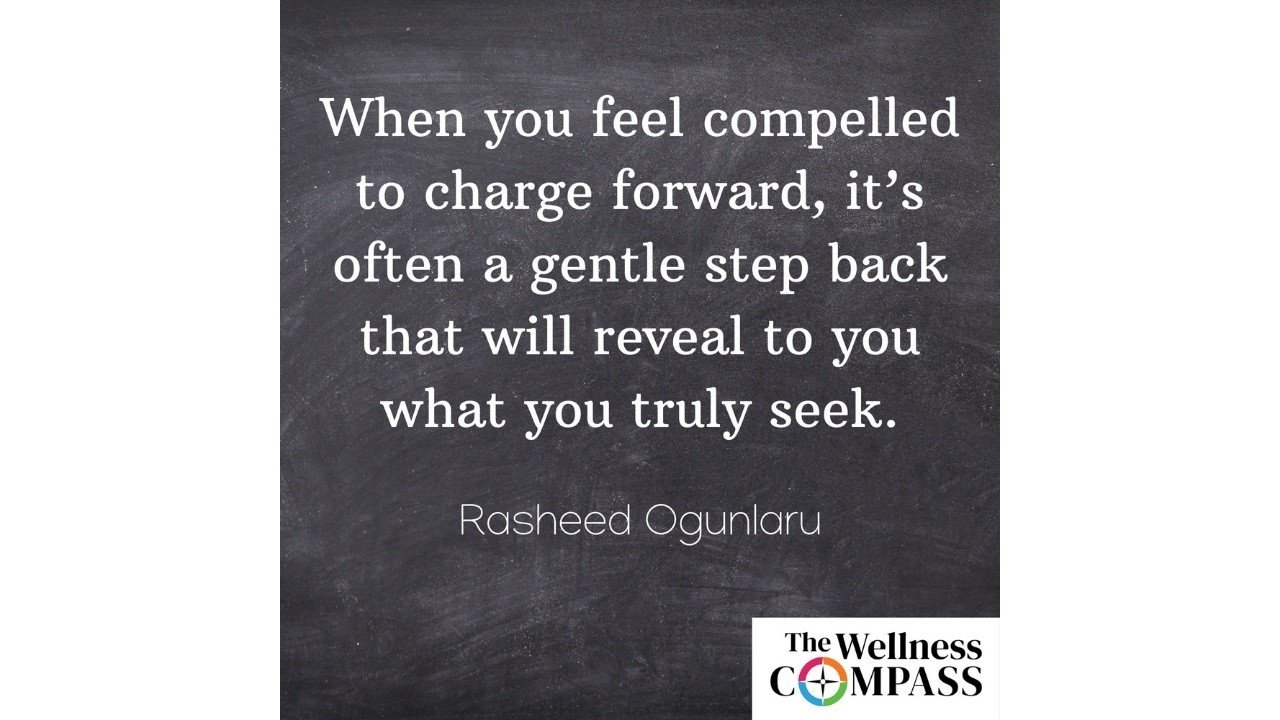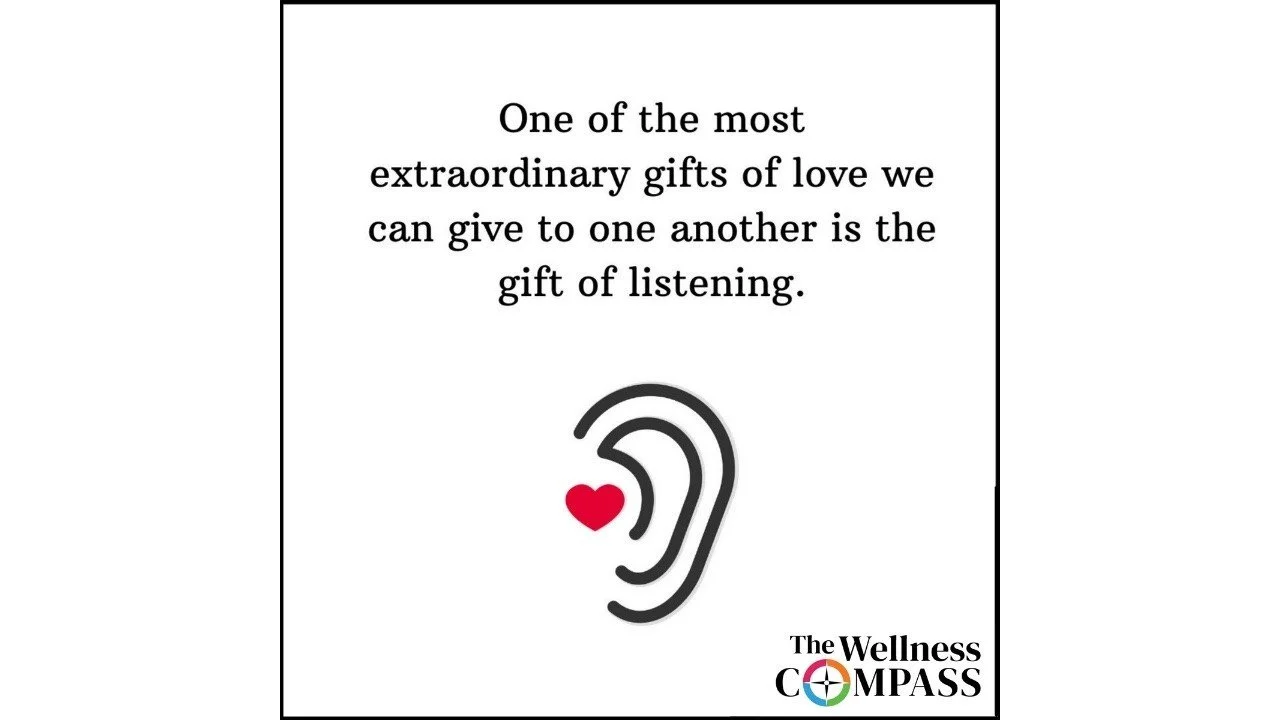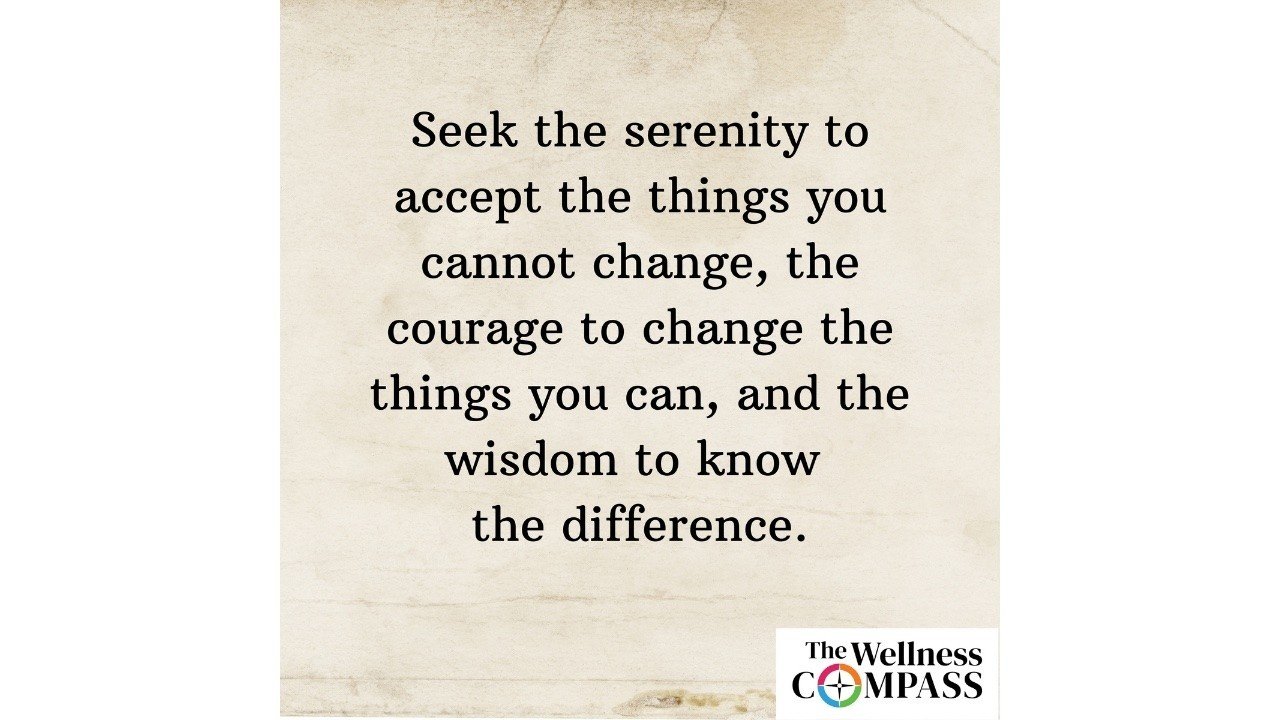Finding the Extraordinary in the Ordinary
Recently we were made aware of some wise advice from author William Martin shared for parents. Martin reminds us to celebrate the ordinary moments of life, for in so doing, we also realize that it is in those everyday moments that the extraordinary becomes known. His words are helpful not only for parents, but for all of us, so we would like to share them with you in this week's column.
Here is what Martin writes:
"Do not ask your children
to strive for extraordinary lives.
Such striving may seem admirable,
but it is the way of foolishness.
Help them instead to find the wonder
and the marvel of an ordinary life.
Show them the joy of tasting
tomatoes, apples and pears.
Show them how to cry
when pets and people die.
Show them the infinite pleasure
in the touch of a hand.
And make the ordinary come alive for them.
The extraordinary will take care of itself."
These words remind us of a quote from Mother Teresa. When Mother Teresa was doing her work of caring for lepers in India, she often had volunteers from around the world that would come and help. When it was time for the volunteers to return home, they would ask her, "How can we do something when we get home that is as extraordinary as what you are doing here?" Her response was simple and direct, "Not all of us can do great things, but we all can do small things with great love."
The small, ordinary things we do every day as parents, friends, partners, spouses, colleagues, and neighbors, especially when done with attentiveness and love, are what make life extraordinary.
Is there some small thing you can do this week that, when done with great love, just might make an extraordinary difference in someone’s life?
*Our Wellness Compass Podcast this week expands on this concept of finding the extraordinary in the ordinary. You can listen in. your favorite podcast app, or by clicking on the “Podcast” tab in the header at the top of this page.





